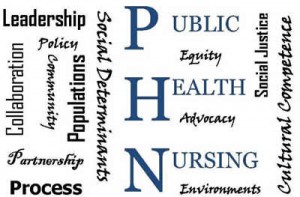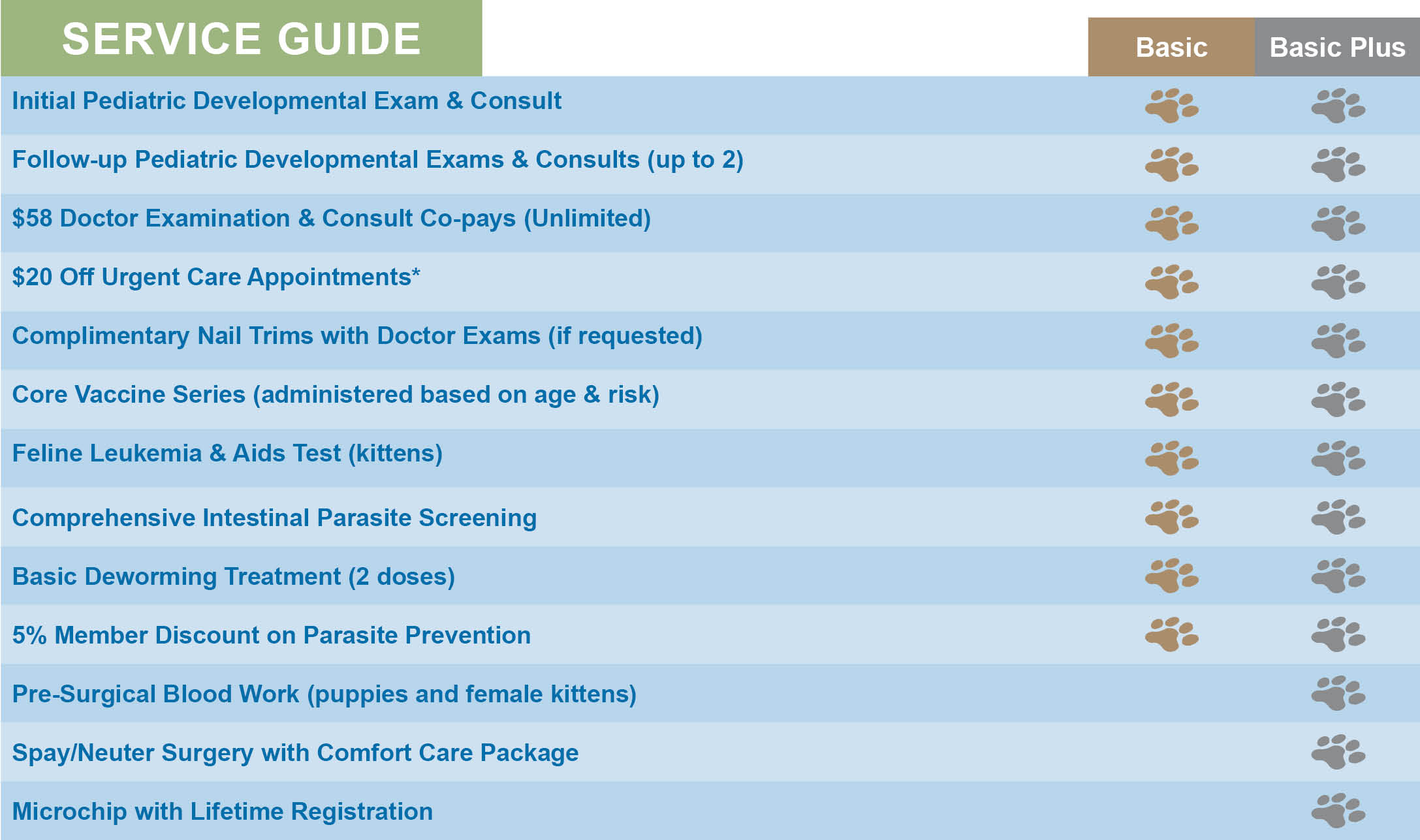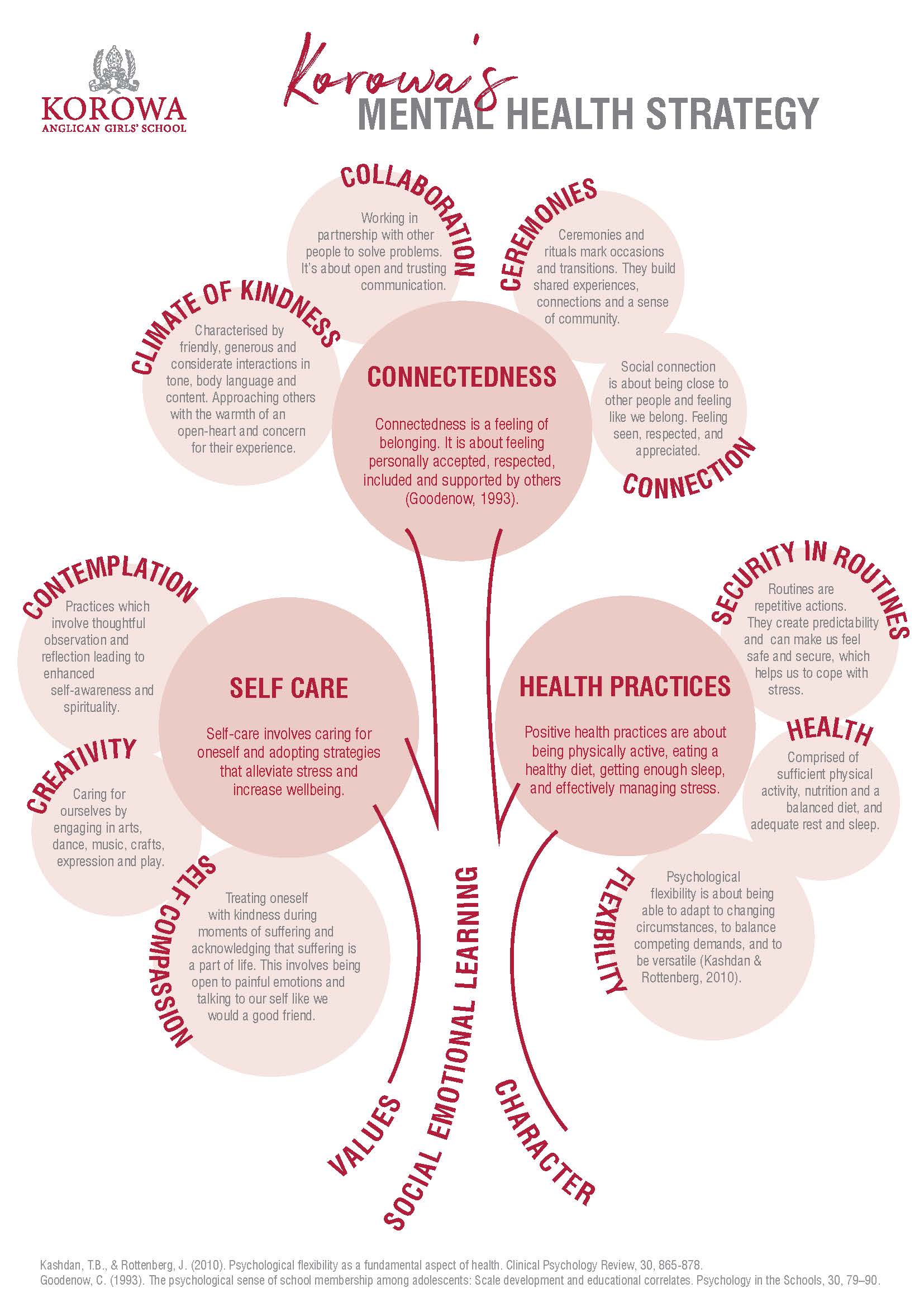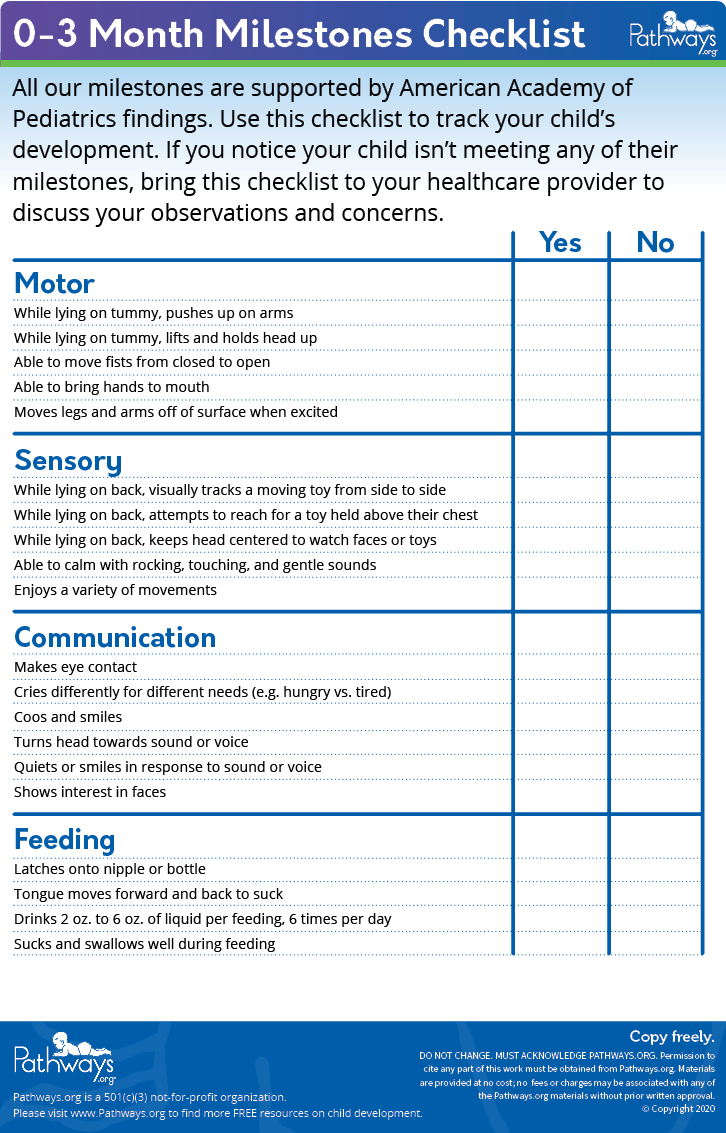Advanced Cardiology Diagnoses for Precision Heart Health
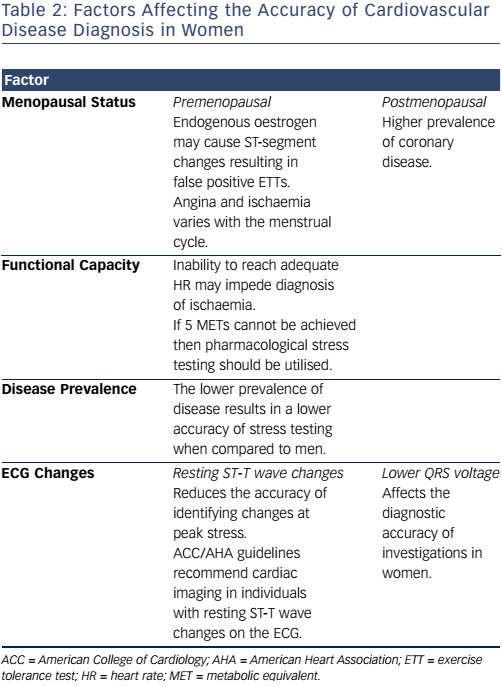
Advanced Cardiology Diagnoses for Precision Heart Health
Cardiology diagnoses have evolved significantly, bringing precision and accuracy to the realm of heart health. In this exploration, we delve into the advancements that redefine how cardiovascular conditions are identified and treated, paving the way for more personalized and effective interventions.
The Landscape of Modern Cardiology Diagnoses
Cardiovascular diseases remain a leading cause of morbidity and mortality globally. With technological advancements, cardiology diagnoses have become more sophisticated, allowing for earlier detection and precise identification of heart-related issues. These innovations are transforming the landscape of cardiac care.
Non-Invasive Imaging Techniques
Non-invasive imaging techniques have revolutionized cardiology diagnoses. Modalities such as echocardiography, magnetic resonance imaging (MRI), and computed tomography (CT) scans provide detailed insights into the structure and function of the heart. These imaging tools aid in diagnosing conditions like heart valve disorders, congenital heart defects, and coronary artery disease.
Biomarkers: Unveiling Clues in Blood
Biomarkers have emerged as valuable indicators for various cardiovascular conditions. Blood tests that measure specific proteins or substances can provide crucial information about heart health. Elevated levels of certain biomarkers may signal conditions like heart failure, myocardial infarction, or inflammation, enabling early intervention and targeted treatment.
Genetic Testing for Cardiovascular Risk Assessment
Advancements in genetics have ushered in a new era of personalized medicine in cardiology. Genetic testing can uncover hereditary factors that contribute to cardiovascular risk. This information allows healthcare providers to tailor preventive strategies and treatments based on an individual’s genetic predispositions, enhancing the effectiveness of interventions.
Electrophysiological Studies for Rhythm Disorders
Electrophysiological studies play a crucial role in diagnosing and treating cardiac rhythm disorders. These studies involve mapping the electrical activity of the heart to identify irregularities. From atrial fibrillation to ventricular tachycardia, precise mapping enables targeted interventions such as catheter ablation, offering relief to patients with arrhythmias.
Advances in Remote Monitoring
The integration of technology allows for remote monitoring of cardiac conditions. Wearable devices and implantable sensors enable continuous tracking of heart rhythms, blood pressure, and other vital parameters. This real-time data facilitates prompt diagnosis of abnormalities and enhances the management of chronic cardiovascular conditions.
Artificial Intelligence in Cardiology Diagnoses
Artificial intelligence (AI) has made significant inroads in cardiology diagnoses. Machine learning algorithms analyze vast datasets, aiding in the interpretation of medical images, identifying patterns, and predicting potential cardiovascular events. This technology enhances diagnostic accuracy and supports more personalized treatment plans.
Integration of Telemedicine for Cardiovascular Care
Telemedicine has become increasingly prevalent in cardiology, offering a remote approach to consultations and monitoring. Patients can discuss symptoms, receive preliminary evaluations, and even undergo remote cardiac monitoring. This integration enhances accessibility to cardiovascular care, particularly for individuals in remote or underserved areas.
Multidisciplinary Approaches to Cardiovascular Care
Modern cardiology diagnoses emphasize a multidisciplinary approach. Collaborative efforts between cardiologists, radiologists, geneticists, and other specialists ensure a comprehensive understanding of a patient’s cardiovascular health. This integrated approach enables more effective diagnoses and personalized treatment plans.
Empowering Patients through Education and Prevention
In the era of advanced cardiology diagnoses, patient education


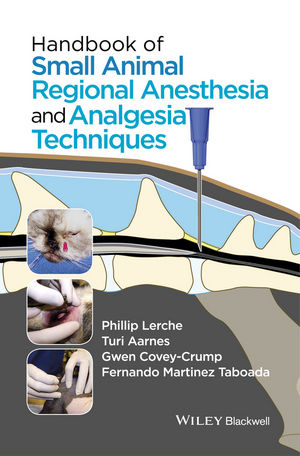







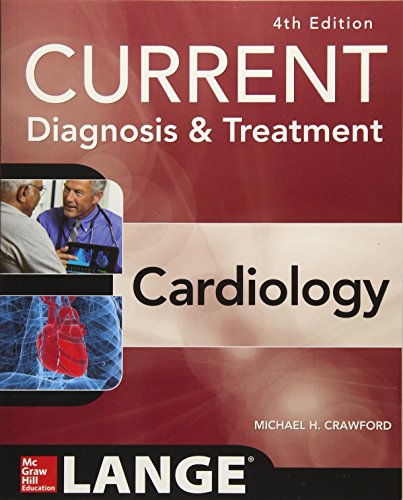

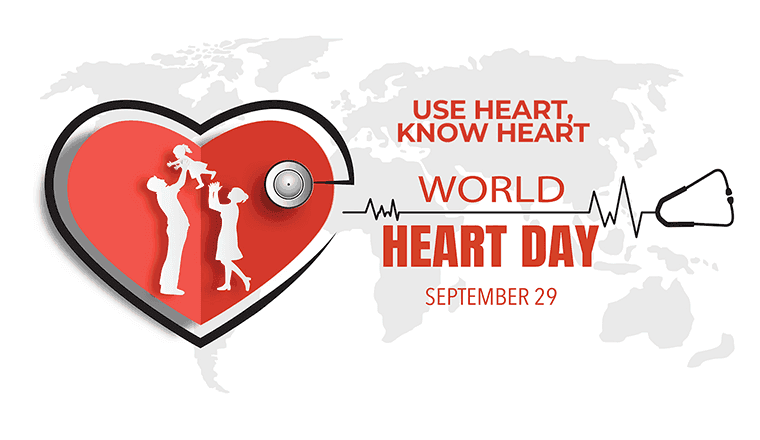
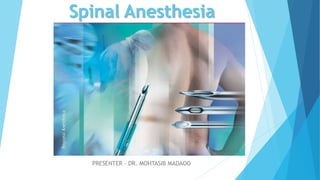
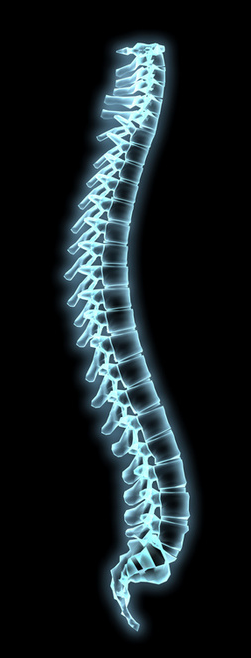
 Donors and funders often need to understand how much of a nonprofit’s income was spent on infrastructure” or overhead.” Donors and foundations wish to fund applications” not infrastructure.” But, how can packages exist without infrastructure? STATE OF AFFAIRS : Group organizing is a process by which people, health providers and agencies of the group are introduced together to act and solve their very own issues. A person can search or discover out efficient options for sure type of group health problems. Helping to take care of the good health and happy lives of Santa Cruz County residents is the first purpose of the Mariposa Community Health Middle. Organizer Mary Properly, CHAA Executive Director Beatrice Lee and CHAA Affiliate Director Sean Kirkpatrick started the displays with inspirational words earlier than introducing a few a standard dance and music numbers from the Tibetan neighborhood.
Donors and funders often need to understand how much of a nonprofit’s income was spent on infrastructure” or overhead.” Donors and foundations wish to fund applications” not infrastructure.” But, how can packages exist without infrastructure? STATE OF AFFAIRS : Group organizing is a process by which people, health providers and agencies of the group are introduced together to act and solve their very own issues. A person can search or discover out efficient options for sure type of group health problems. Helping to take care of the good health and happy lives of Santa Cruz County residents is the first purpose of the Mariposa Community Health Middle. Organizer Mary Properly, CHAA Executive Director Beatrice Lee and CHAA Affiliate Director Sean Kirkpatrick started the displays with inspirational words earlier than introducing a few a standard dance and music numbers from the Tibetan neighborhood.
